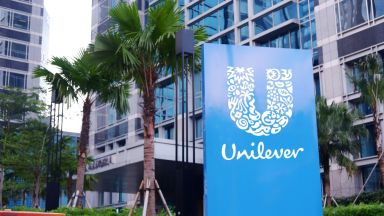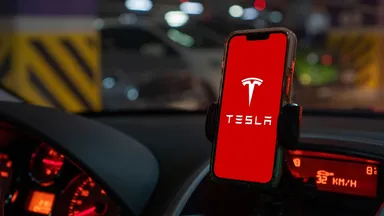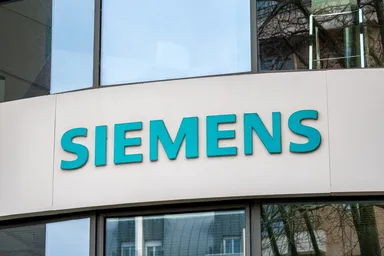Unilever - GBP Company profile
What is Unilever?
Unilever is a Dutch-British multinational manufacturer of consumer goods such as food, home and personal care products, detergents and fragrances. The company operates in four core segments: Personal Care, Home Care, Refreshments and Foods. It owns more than 400 brands, including Dove, Axe (Lynx), Rexona, Domestos, Hellmann’s, Lipton, Knorr and many other household names. The company estimates that on any given day, some 2.5 billion people around the world use Unilever products.
Unilever was ranked no.150 on the 2017 Fortune Global 500 list of the world’s largest companies. In April 2018, Unilever was the 11thbiggest FTSE 100 company by market capitalisation.
Who are the key people at Unilever?
Paul Polman has been Chief Executive Officer of Unilever since January 2009. Graeme Pitkethly is Chief Financial Officer. Other key figures at the company include Amanda Sourry (President of Unilever’s Foods business); Nitin Paranjpe (President, Home Care); Kevin Havelock (President, Refreshment); and Alan Jope (President, Personal Care).
What is the modern history of Unilever?
Unilever was founded in 1930 through the merger of two companies called Lever Brothers and Margarine Unie. Expansion really started in earnest during the consumer boom of the 1950s and 60s, when the company grew and diversified through innovation and acquisition. Tough economic conditions in the 1970s led to flat sales, but by the start of the 1980s Unilever had become the world’s 26thlargest business. The 1990s saw the development of a new strategy under which Unilever focused on brands with the biggest potential. In 2010 the company launched its Sustainable Living Plan, setting out hundreds of social and environmental targets and commitments.
What are the latest developments at Unilever?
The big story of 2017 was U.S. food company Kraft Heinz Co’s surprise $143 billion offer for Unilever. The company firmly rejected the bid and made several acquisitions of its own that year, including U.S. condiment maker Sir Kensington’s; the personal and home care brands of Quala; cosmetics brand Hourglass; and organic herbal tea business Pukka Herbs. Then at the end of 2017, Unilever agreed to sell its margarine and spreads business to KKR for €6.83 billion, in order to concentrate on faster growing products.
In its full year financial results for 2017, Unilever posted a 2.2% increase in turnover to €50.7 billion, with underlying sales growth of 3.5%. The company also reported a 110 basis points rise in its annual underlying operating margin to 17.5%, and a 9% rise in pre-tax profit to €8.1 billion.
The Unilever share price climbed for most of 2017, hitting an all-time high of over £45 in October. But the shares slipped back under £40 in early 2018, falling to £37 at the end of March. To find out how the shares are doing right now, follow Capital.com. Our ULVR chart puts all the information at your fingertips.
Where does Unilever operate?
Unilever has a truly global presence, marketing in over 190 countries around the world. The company’s headquarters have been located in both Rotterdam and London, but in March 2018 Unilever announced that it had chosen Rotterdam to be its sole HQ. The company said this was nothing to do with Brexit and would not result in the loss of any U.K. jobs. Unilever, which has two parent companies, is simplifying its structure into a single legal entity incorporated in the Netherlands.
Where is Unilever traded?
Unilever shares are listed on the London Stock Exchange (LSE), Euronext Amsterdam and the New York Stock Exchange (NYSE). The shares are a constituent of the FTSE 100 index. Check out Capital.com for the latest ULVR chart. We’ll keep you up to date and in the picture.
Latest shares articles



